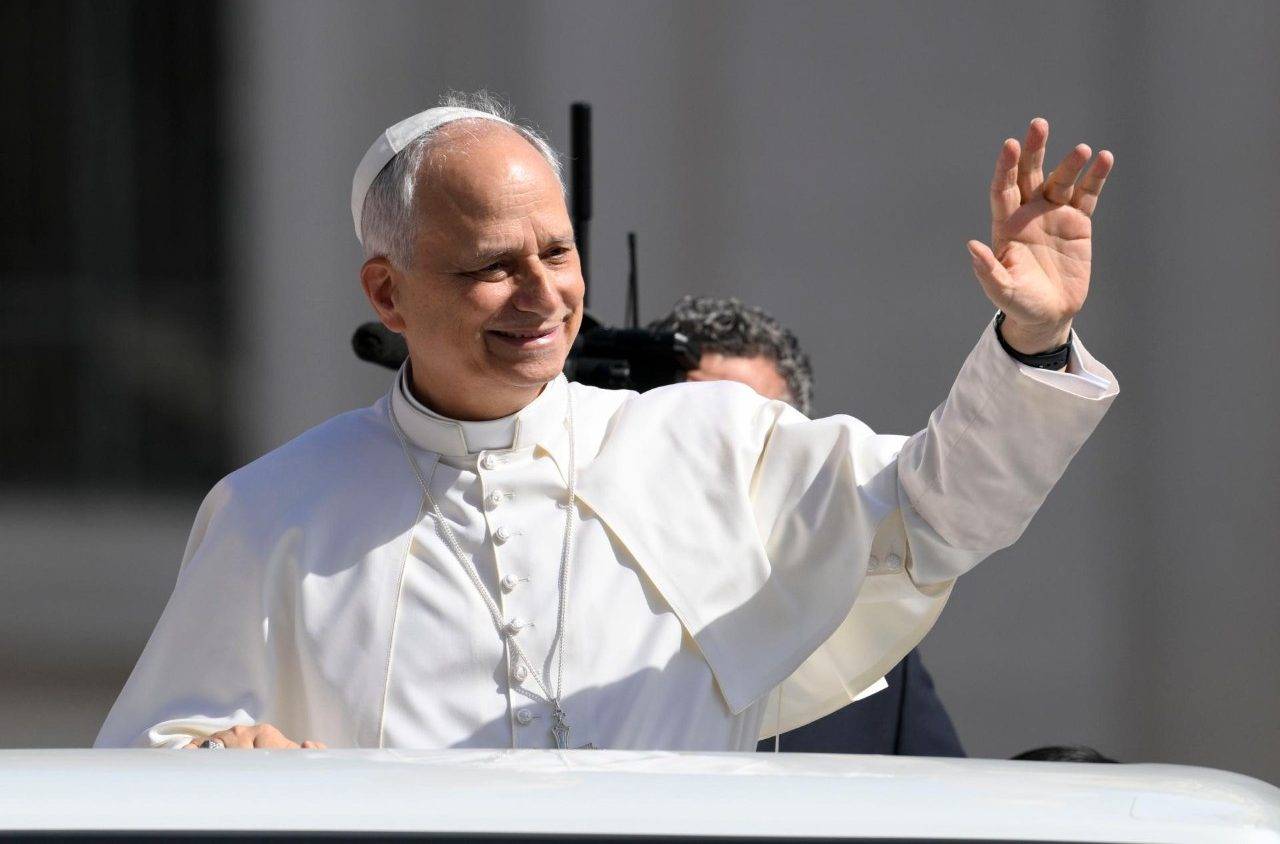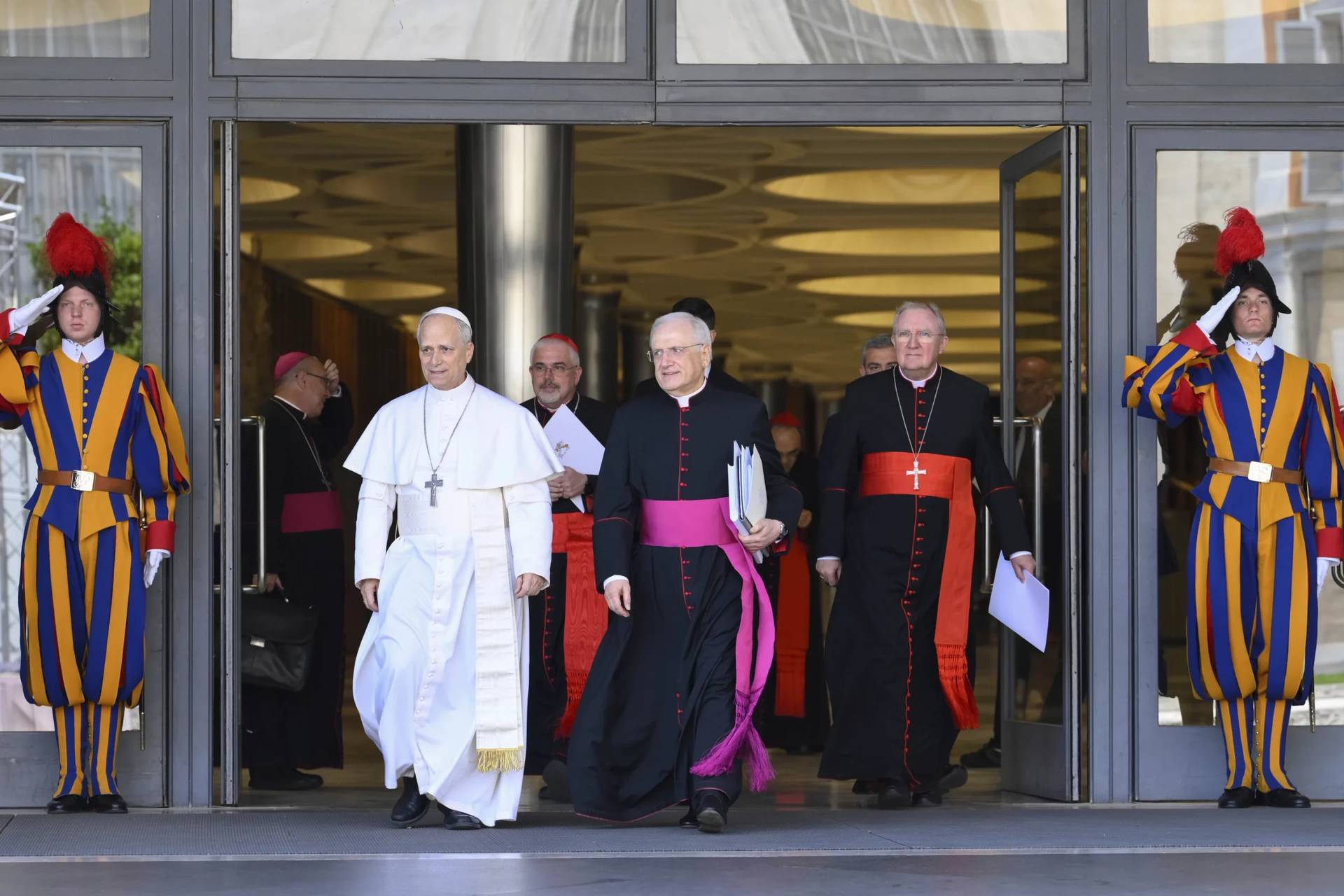They call it the “second-term curse.” Every U.S. President who has been elected to a second term has faced scandals, falling poll ratings, and generally ended their presidency with more of a whimper than a bang: Think Nixon and Watergate, Reagan and Iran-Contra, Clinton and Lewinsky, Bush and the financial crisis, Obama and Snowden.
After four years, everything just seems to go downhill. As Pope Francis approaches his 5th anniversary, is he facing his own version of the second-term curse?
2018 has, so far, been an annus horribilis for the pope, making this fifth anniversary a more somber, less celebratory moment than the previous four.
The year was supposed to begin with an innocuous visit to Chile and Peru by the pontiff, which went off the rails over the controversy surrounding Bishop Juan Barros, who has been accused of witnessing abuse committed by Father Fernando Karadima.
Karadima served as a spiritual leader for many of the elite of Chile, and was later found to have abused minors, and sentenced to a “life of prayer and penitence” by the Vatican.
The pope said Barros was a victim of “calumny,” and said none of the accusers had approached him with evidence of wrongdoing by the bishop.
An investigation by The Associated Press later revealed that Francis had been hand-delivered a letter from a victim in 2015.
The incident has badly damaged Francis’s reputation as a reformer on clerical abuse and put other decisions – including his new appointments to the Vatican’s Commission for the Protection of Minors and the failure to establish a special court for bishops accused of mishandling abuse – under closer scrutiny.
(The situation was not helped when a priest serving as a Vatican judge was allowed to quietly resign after being convicted by an Italian court on child pornography charges last month.)
The pontiff has also come under a cloud when it comes to financial reform at the Vatican. Several former high-ranking officials at the Vatican bank have been convicted or charged with various crimes involving mismanagement of funds.
The pope is also yet to name a fulltime replacement for Libero Milone, the auditor general who says he was fired for pursuing financial reforms too aggressively.
It was also revealed in February that several members of the Papal Foundation, a U.S.-based charity, objected to Francis’s request for $25 million to help a scandal-plagued Church-owned dermatological hospital in Rome.
On the international Church front, 2018 has not been much better.
A plan to reconcile the state-sponsored Church in China with its Church-recognized “underground” counterpart has met stiff resistance from prominent Chinese Catholic leaders, including the former Bishop of Hong Kong, Cardinal Joseph Zen, who has accused the Vatican of “selling out” the Church in China to the Communist regime.
Francis also backed down from a threat to suspend the clergy of the Nigerian Diocese of Ahiara if they refused to accept their bishop, who belonged to a different ethnic group. Instead, the pope accepted the resignation of the bishop.
That’s a long list, and it’s just March.
Most scholars say the reason for the “second-term curse” for U.S. presidents is exhaustion. It’s not easy to be president, and the constant pressure leads to mistakes over time. It’s not just the president who gets exhausted – the people can also get tired of their leaders, and less forgiving in their assessment of their words and actions.
Is this what’s happened with Francis?
To some extent, yes.
The pope is 81, and although seeming more vibrant than either St. John Paul II or Benedict XVI at this age, signs of fatigue are more common at his public events. The Barros affair has knocked the Teflon from his papacy, with some of his most ardent supporters expressing shock at the pope’s handling of the situation. And as Francis’s pontificate continues, many observers are noting that true reform of the Vatican’s Curia is looking less and less likely, as an Italian old guard seems to be reasserting control of the Church’s governing institutions.
Yet if Francis is anything, he’s adaptable, and quick to make a course correction if he thinks it’s needed.
Despite asserting he was “certain” of Barros’ innocence, he sent the Church’s most respected investigator of clerical abuse, Maltese Archbishop Charles J. Scicluna, to Chile to look into the case personally.
Although the continuing financial scandals give Vatican watchers a sense of déjà vu, insiders say they are actually a sign that the reforms are working, albeit more slowly than some would like.
Most importantly, Francis still remains incredibly popular (although less so in his native Latin America), and can probably weather the perfect storm that has marked the first quarter of 2018, at least if it dies down.
Yet the year could still provide a few more squalls for the pope.
Two members of his Council of Cardinals, the “C9”, are facing legal problems: Honduran Cardinal Oscar Rodriguez Maradiaga is facing allegations of financial corruption, and Australian Cardinal George Pell is on trial in Melbourne for alleged sexual abuse. Both men strongly deny the charges.
The pope’s expected summer visit to Dublin for the World Meeting of Families could also prove controversial. Not only is Francis’s hotly debated document on the family, Amoris Laetitia, the basis for the gathering, but polls show it is likely that the Republic of Ireland will legalize abortion in a May referendum, highlighting the waning influence of the Catholic Church in the country.
Closer to home, the results of the Italian elections – with huge gains for the rightwing Northern League and the anti-establishment 5 Star Movement – mean the Vatican could have a confrontational relationship with whatever government finally emerges from the vote.
It remains to be seen if 2018 will continue to be the pope’s annus horribilis, or if Francis will be able to provide a little magic and keep the “curse” at bay.













